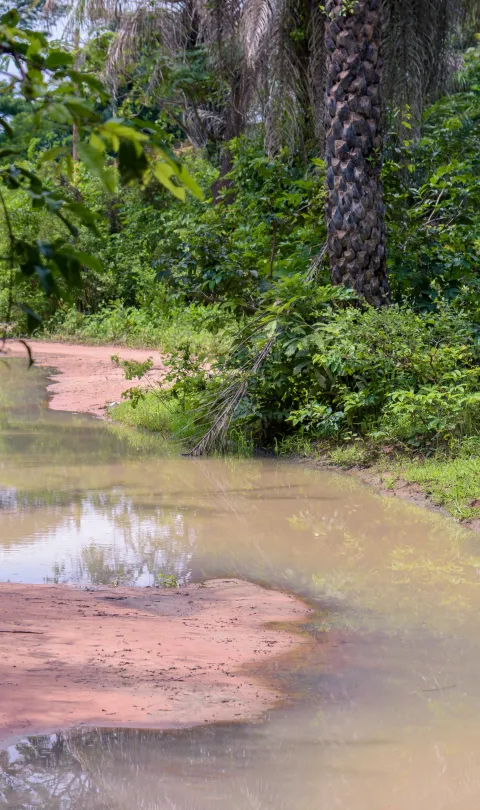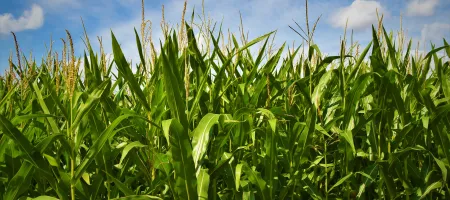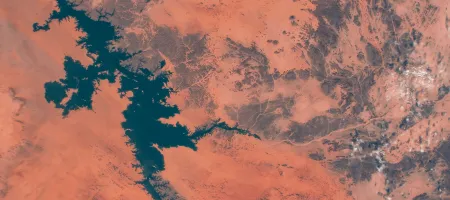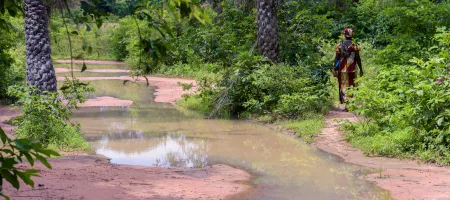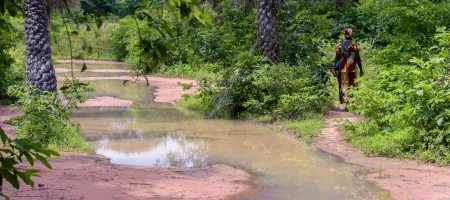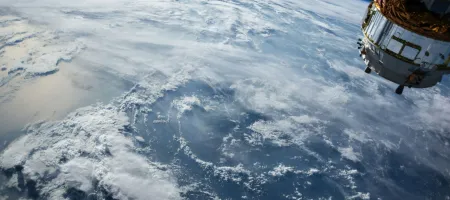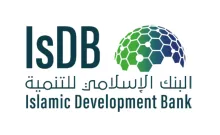About the initiative
“Human-induced climate change is causing dangerous and widespread disruption in nature and affecting the lives of billions of people around the world, despite efforts to reduce the risks. People and ecosystems least able to cope are being hardest hit,” according to the Intergovernmental Panel on Climate Change’s 2022 report. Data is a key tool in responding to the unavoidable climate hazards that our world is facing.
The Global Partnership’s work to increase the availability, use, and utility of data for climate focuses on three areas:
- Climate adaptation
- Economic transformation
- Data systems strengthening
Projects include providing support to countries to monitor environmental indicators (Senegal, Somalia, Togo, Ghana, and Suriname) and to address water insecurity and quality (Paraguay).
Earth observations
Working with Guinea, Mali, Somalia, Suriname, and Togo the Global Partnership for Sustainable Development Data worked alongside country partners to create a systems-based approach for capacity building to support country partners' proficiency in the use of Earth Observation (EO) data, tools, and services. More details here
In Suriname, this work was developed into a pilot program to use EO data analyze the climate impacts of small-scale artisanal gold mining. The results of the project, as well as insights into the challenge and opportunities of using EO data for such applications, are captured in a policy report, with more details in the technical report. Access them here
In Somalia, The Global Partnership worked with Digital Earth Africa to improve national capacity for better and more timely production of data for monitoring environmental, climate change and Agriculture indicators for achieving the SDGs through a series of training workshops. Learn more here
In Togo, tailored training has been delivered to local experts to support the institutionalization of Earth Observation and other data that can support environmental policy making, working towards a Environmental Information System.
Water security and quality
Paraguay’s Water Information System (WIS) is a great example of how having access to the right data at the right time can make real, tangible differences in people’s lives. Read more here
Agricultural, and food security data
Working with Guinea, and Mali country partners and local policymakers, we've been leading projects on research and analysis and capacity building around environmental, agricultural, and food security statistics and data to support informed decision-making and data-driven policymaking. Find out more here
